
views
Chennai: The city was gearing up to welcome the Jallikattu Premier League, a contest similar to IPL in cricket when the state government raised concerns over logistics and security to deny it permission. There was also heavy opposition against attempts made to modernise the sport.
On the other hand, in the traditional Avaniyapuram Jallikattu, which takes place on January 14th, Madurai Mudakathan Mani tamed 7 bulls and won the first place. “This is my 20th year as a Jallikattu bull-tamer. There is nothing better that I would do, this is my culture, my pride,” said the 31-year-old champion.
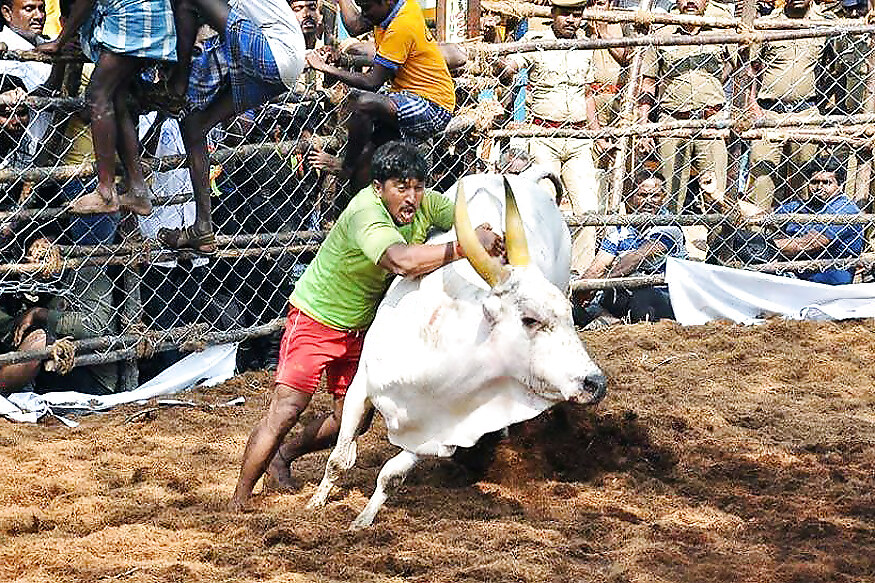
Mudakathan Mani in a Jallikattu match in Madurai
Jallikattu or Yeru Thazhuvudhal (Bull embracing) has been played in the Tamil Nadu for over two thousand years. After a brief hiatus because of the Supreme Court ban, the sport made its comeback in 2017 – with strong backing from worldwide Tamil fraternity. Usually conducted around the Pongal festival, or the Thai month according to the Tamil calendar, the more famous matches are conducted in Avaniyapuram, Palamedu and Alanganallur in Madurai.
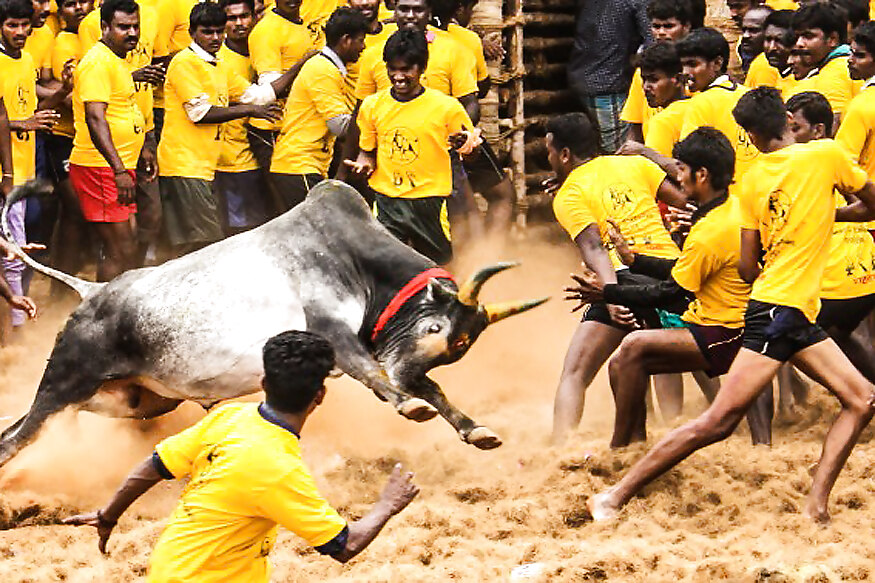
In Jallikattu, a bull is released into a crowd of men who try to catch it by its hump and hold on for a particular amount of time. The bull, with its agility, tries to keep the men from hanging on. “I don’t have any particular strategy to tame the bull. I am a Kabaddi player and I handle Jallikattu in a similar way. Fitness is key for both men and bulls. The bull too must be trained well. Feeding it alone will not do, it must be made to exercise. Swimming is the best training,” says Mani.
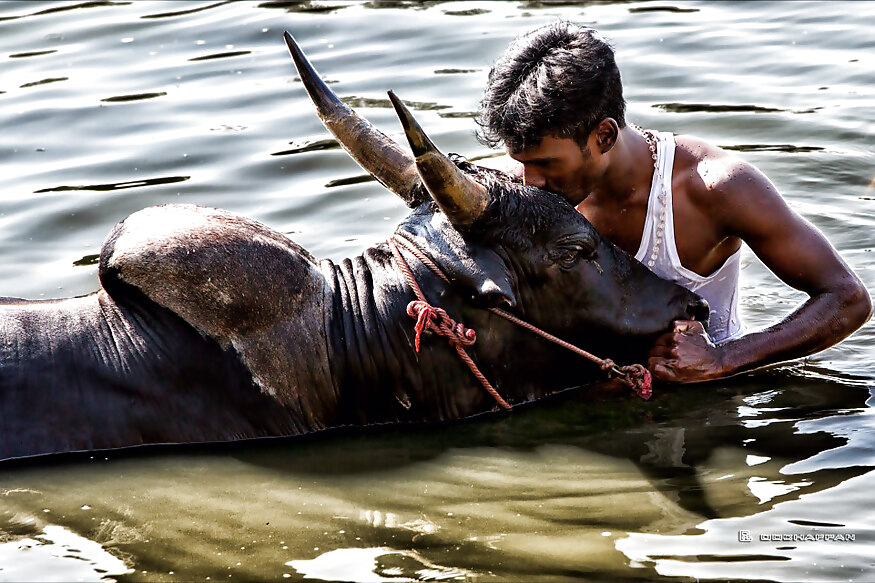
Only native-breed bulls are used in Jallikattu. Breeds like Kaangeyam, Pulikulam, Malaimadu etc. – that go by the biological name, Bos Indicus. Unlike the Jersey bulls from the west, these breeds have a strong, prominent hump. Prices of these breeds, that otherwise cost up to Rs 12 lakh per bull, dropped when the Supreme Court had issued a ban on the sport in 2014. One of the key players that opposed Jallikattu was PETA, who called it a cruel sport that harmed and threatened the bull.
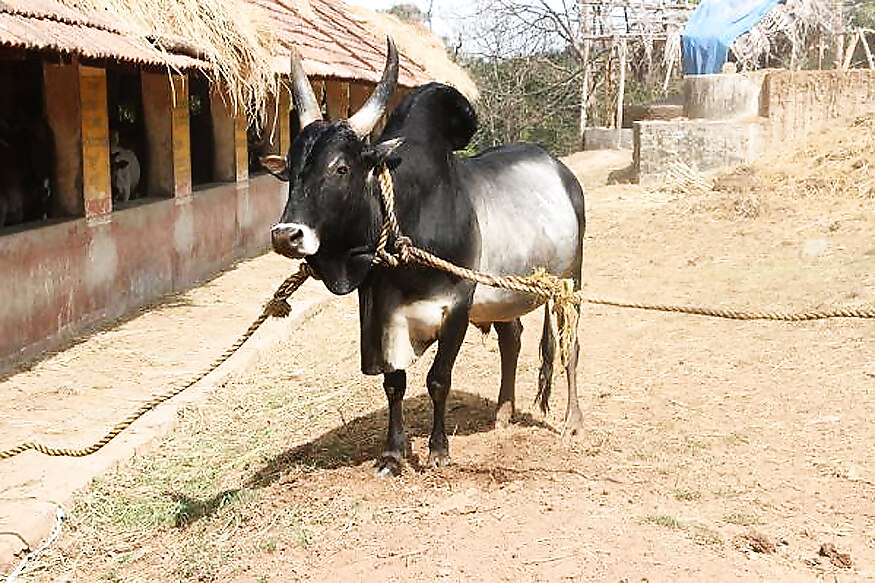
“I bought as many as 11 native bulls after the ban. These breeds belong here and they will become extinct if Jallikattu is banned,” said a worried Rajendra Prakash from Madurai, a regional manager at a Pharma company. PETA’s campaign was opposed by thousands who gathered in Chennai’s Marina beach in 2017.
Kangeyam or Pulikulam bulls are bought when they are calves. Their age and qualification to participate in Jallikattu is based on the number of Molars they grow. They are allowed to take part in Jallikattu only after they have grown four molars. Being the native breeds, these bulls are comfortable in the tropical climate. Roughly, Rs 300 is spent daily to take care of the Bulls reared for Jallikattu. They are single-handedly taken care of by individuals, or by an entire village. In case of the latter, the village’s temple owns the bull and if it wins, they share the prizes. The temple bulls impregnate all the cows in that village as it has proven to be a good yield by winning the Jallikattu.
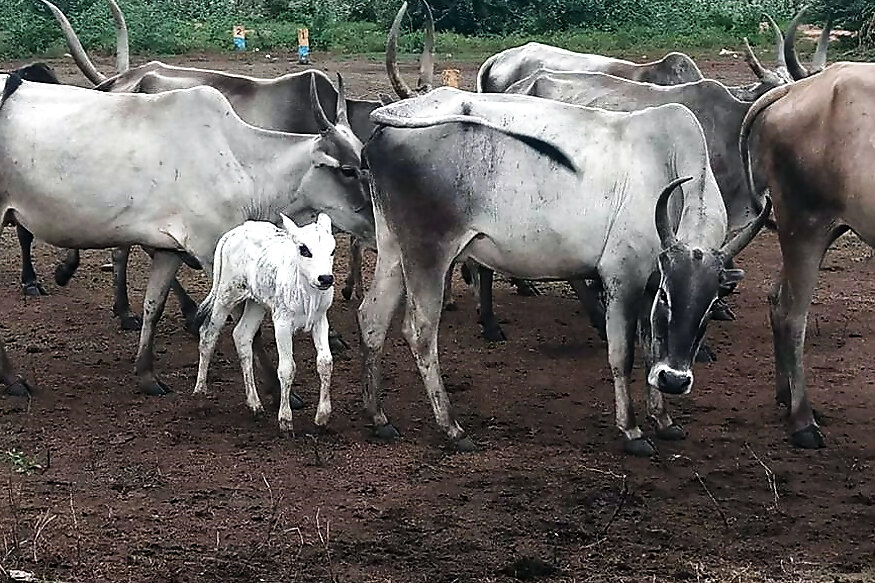
These bulls are considered a part of the family and are worshipped as reincarnations of God. When accusations of cruelty were heaped on families that owned bulls, they banded together to ask how one would hurt their own child? In parts of Madurai, there are funerals held if a Jallikattu bull dies and honour stones erected in that place.
Rajendra Prakash says that these breeds of bulls are ferocious by nature. During a game, the bull that stands on the turf taunting the men to catch it by swaying its head gets more points. Prakash, having raised bulls for over 2 decades now, says the bulls aren’t ferocious all the time.
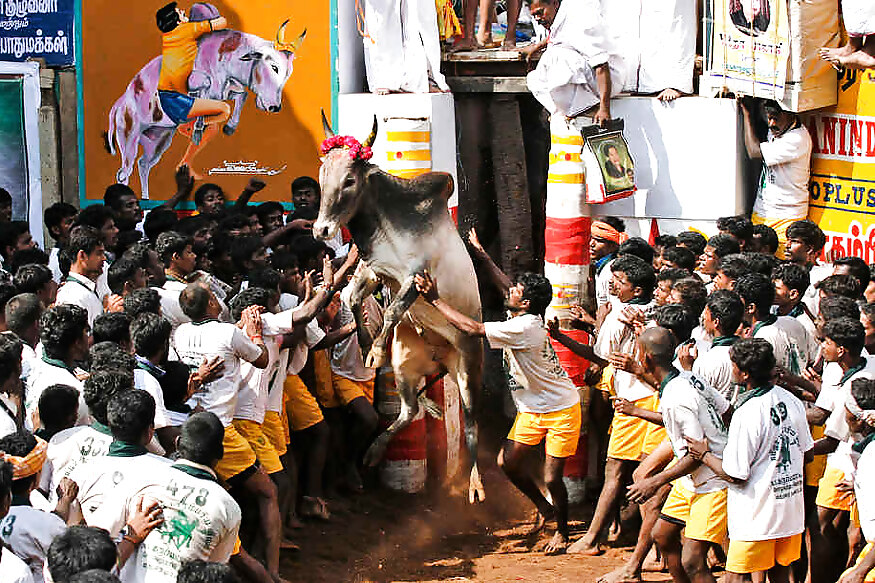
This year, Jallikattu committees tried to ensure every participant abided by regulations ordered by the apex court. Players and bulls were checked for drugs and underwent complete health check-ups. Players who flouted the rules were disqualified. The committees began preparing the ground for Jallikattu almost a week prior to it. They fill the space with coconut husks with water sprinkled on them daily, so that the sand does not hurt the bull or the men.
Each part of Tamil Nadu has a unique flavour to Jallikattu. It is conducted at different times and for different reasons. Even the gifts that are distributed have a local touch to it. After seeing the kind of attraction Jallikattu grabs, giant corporates showed interest in bringing the game to Chennai.
“Jallikattu is similar to cricket. The pitch matters. If the Vadi Vasal (bull entrance) is spacious, the bull readies itself before pouncing out. Such bulls win and the others might easily get caught. Each Jallikattu game and the set-up are different and according to the local texture. If the corporates take over, this culture will soon get closer to extinction. I vehemently condemn this corporatisation,” says Rajendra Prasad.
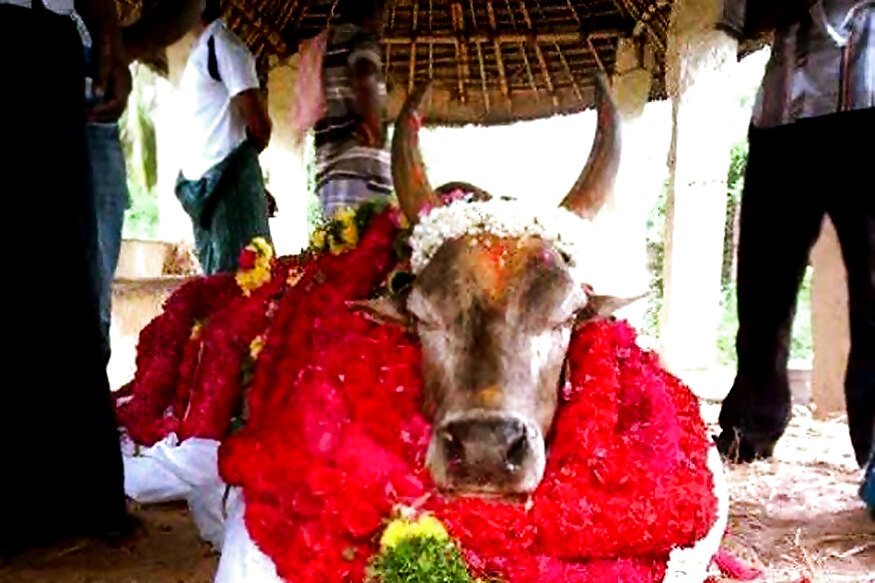
A bull funeral in Tamil Nadu
Though players like Mani feel that this might increase the knowledge cities have of Jallikattu, stripping the local sport off its flavour is not preferred by most.














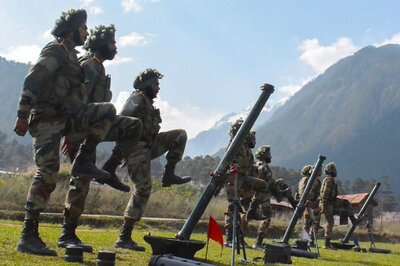




Comments
0 comment